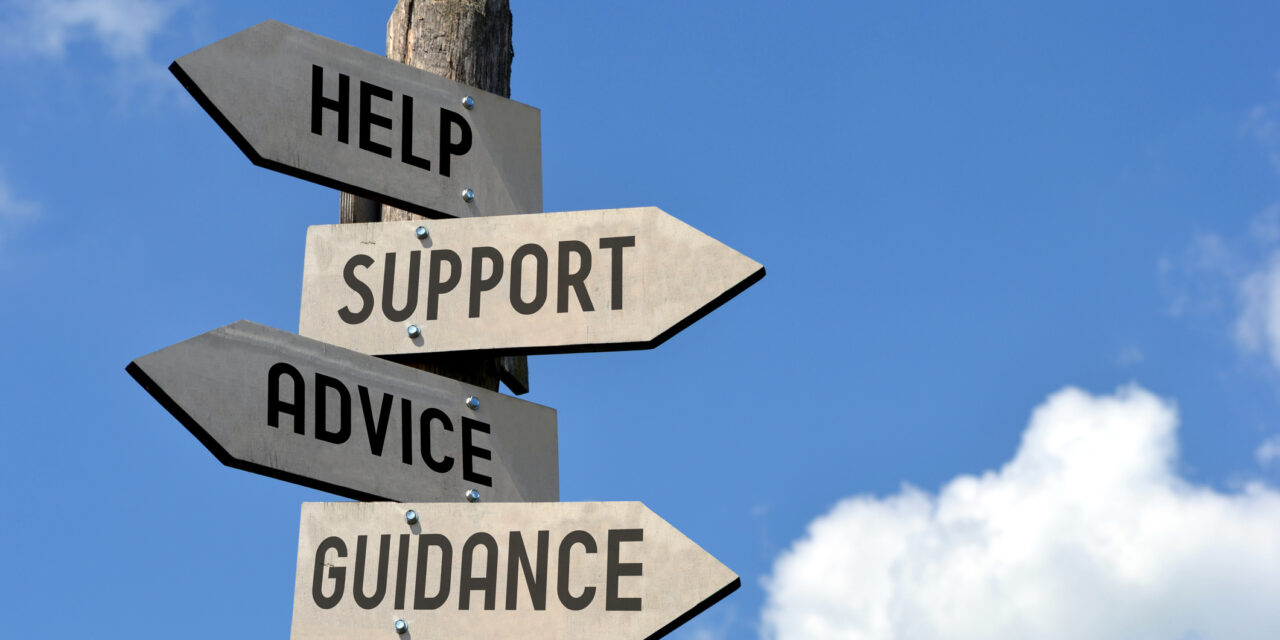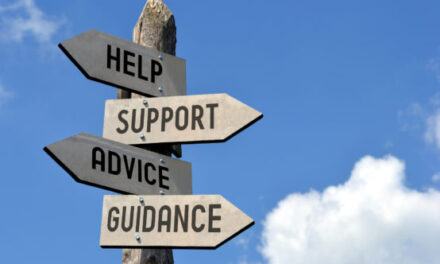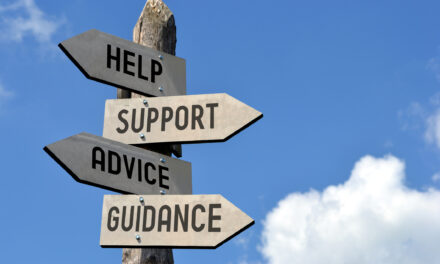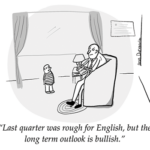Q: I’m a female high school history teacher, and I’ll freely admit that I’m demanding. I don’t let my students dial it in, whether it’s a class discussion, an essay prompt, or an exam question. I insist on rigorous analysis and critical thinking. I don’t inflate grades, and I don’t give extensions without good reason. I think my style is similar to that of an effective male teacher in my department. Students trade stories about surviving his class but always in the context of praising his tough style and top-notch instruction. In contrast, I’m called a shrew and other derogatory terms you probably can’t print. How do I know this? At the end of the year, kids write teacher reviews. In addition, my supervisor once brought it up at my evaluation, and other teachers joke about it with me. It’s no secret. I worry this will hurt my career, but I’m also ticked off at the injustice. Should I just give in and change my approach?
A: In teaching, women vastly outnumber men. I think it’s fascinating that kids spend their days with female authority figures, and yet there’s still so much gender bias in the school setting. Invariably, some students will hold sexist attitudes toward teachers.
In fact, in 2014, a sociologist at North Carolina State University conducted a study and found that college students rated male teachers more highly than their female counterparts during an online course, even if the lessons were actually given by a woman. It didn’t matter whether the students were rating professionalism, fairness, responsiveness, enthusiasm, or respectfulness. In all of these dimensions, they gave higher ratings when they believed the teacher was male. This kind of bias has obvious implications for reviews and promotions.
This leads me to the language in your question. I hadn’t heard the word shrew in ages, so I looked it up on Urban Dictionary. Interestingly, the top definition is accompanied by this sample sentence: “Mrs. Kirsch is a shrew when she has our period 3 math class.”
I start with these points to validate your concerns. That said, the existence of sexist comments or a double standard shouldn’t have any bearing on your teaching style. Take the “female” part off the table. It’s a distraction. Instead, ask yourself these questions. How successful am I in the classroom? Are my students engaged? Are they trying hard? Do they grasp the material, or am I looking out at a sea of blank stares? Do they come to me for help when they have a problem? Am I fair? Am I able to get a good read on my students and their needs? Can I shift gears when necessary?
If you’re not getting the job done, you may need to rethink your strategy. No one teaching style will work for all students, and some might love your approach. If you’re tough and demanding but effective, I wouldn’t reverse direction.
This doesn’t mean you should ignore the issue entirely. It’s worth sharing your concern with an administrator, especially given your worries about career advancement. You mentioned that other teachers joke about it and that it’s no secret. Perhaps as a staff you can talk about ways to tackle the problem directly. As role models, teachers should speak up whenever they hear a derogatory comment. They can say, “That type of language is unacceptable,” and then explain why. If educators take advantage of opportunities to deal with sexism, they’ll send a powerful message to both male and female students.
Have a question that you’d like Career Confidential to answer? Email to careerconfidential@pdkintl.org. All names and schools will remain confidential. No identifying information will be included in the published questions and answers.
ABOUT THE AUTHOR

Phyllis L. Fagell
Phyllis L. Fagell is the school counselor at Landon School in Washington, D.C., a therapist at the Chrysalis Group in Bethesda, Md., and the author of the Career Confidential blog. She is also the author of Middle School Matters and Middle School Superpowers, available at https://amzn.to/3Pw0pcu.










